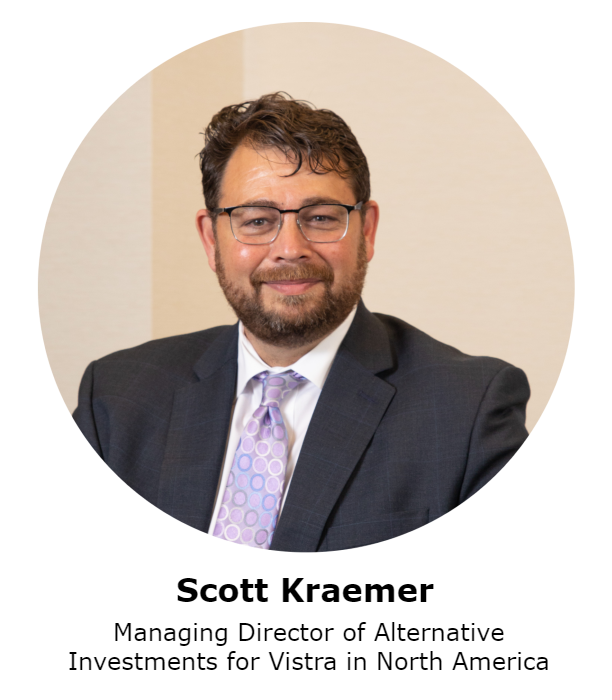Future-proofing operations: Alternative investment funds must accelerate transformation projects post-Covid-19

How has the alternative fund industry been changing in North America in recent years?
Pre-Covid-19, we saw a lot of consolidation. The large and mid-sized funds have been getting bigger and some of the smaller funds basically stopped operations.
Another trend we’ve seen is that the average lifespan of a closed-end fund has decreased, except for the very largest funds. Historically, the majority of closed end private funds had a life cycle of ten years, with rolling extensions of one, two or three years. Now we’re seeing a lot of seven-year funds, or even three-to-four-year funds. I think this will continue as people worry about regulatory change, structural changes in funds and the impact from a tax perspective.
How are funds’ support needs changing as they get bigger, and more global?
A key challenge is the lack of global harmonisation in accounting standards and reporting. Over the last few years more of the companies that I deal with have been asking for either dual reporting – they're trying to do US GAAP and IFRS, for example – or they've been asking what the long-term solution is for them to stay competitive on the reporting front. Clients are also asking if they should really be providing the ILPA [Institutional Limited Partners’ Association] reporting, and if so, do they really need to report historic data or just implement prospectively? I think those kinds of questions will continue.
What is the best way to manage these reporting challenges and remain competitive?
It's an easy question but a hard path to execution. Any fund manager with scale or that has a has a multi-jurisdictional or global service model should try to put a central data structure in place for financial reporting and compliance.
Some of the larger US pension funds have been pushing for years for general partners to provide them with standardised reports, so they have consistency across their investment managers. The uptake of that five or six years ago was zero. Right now, in the US, it’s pretty high and getting higher. Clients are looking for fund administrators that can support the various standards from a central data processing architecture, and in an automated manner. In other words, if I know I need to do reporting on US GAAP or Canadian IFRS or whatever it might be, the data should all look the same in the system. It's just the reporting that should change on the outbound side.
We’ve come up with an automated solution to extract the data and push it out in a standardised way, and we’ve started to roll that same reporting capability out as standard across the rest of our global footprint by using the same automation tools and the same logic. This will surely help funds be much more efficient and investors feel more confident as the capabilities continue to improve across the globe.
Will tech transformation projects be a priority amid the current disruption from Covid-19?
Despite all that's going on, I think we're likely to see more and more investment in technology in the alternative space.
Another factor here is that it’s near certain that many employees will be working from home for the long term. In the short term, this has contributed to delays in portfolio company closings. General partners (GPs) are out there trying to buy companies and are encountering new issues in valuing their investments and collecting complete or reliable information on their targets and from some of their troubled existing investments, given what's going on.
Getting information at all right now is difficult because everyone else is trying to adapt their own businesses, and the GPs’ staff can't travel. But that situation will need to be resolved as a matter of priority. I think there's going to be big investment in technology that enables the industry to conduct more remote due diligence over the next couple of years. We have seen this already to a large degree but sustainability in solving this will be key to those funds that see continued success.

Find out more about Vistra 2030 and download the report here.
The contents of this article are intended for informational purposes only. The article should not be relied on as legal or other professional advice. Neither Vistra Group Holding S.A. nor any of its group companies, subsidiaries or affiliates accept responsibility for any loss occasioned by actions taken or refrained from as a result of reading or otherwise consuming this article. For details, read our Legal and Regulatory notice at: https://www.vistra.com/notices . Copyright © 2024 by Vistra Group Holdings SA. All Rights Reserved.


